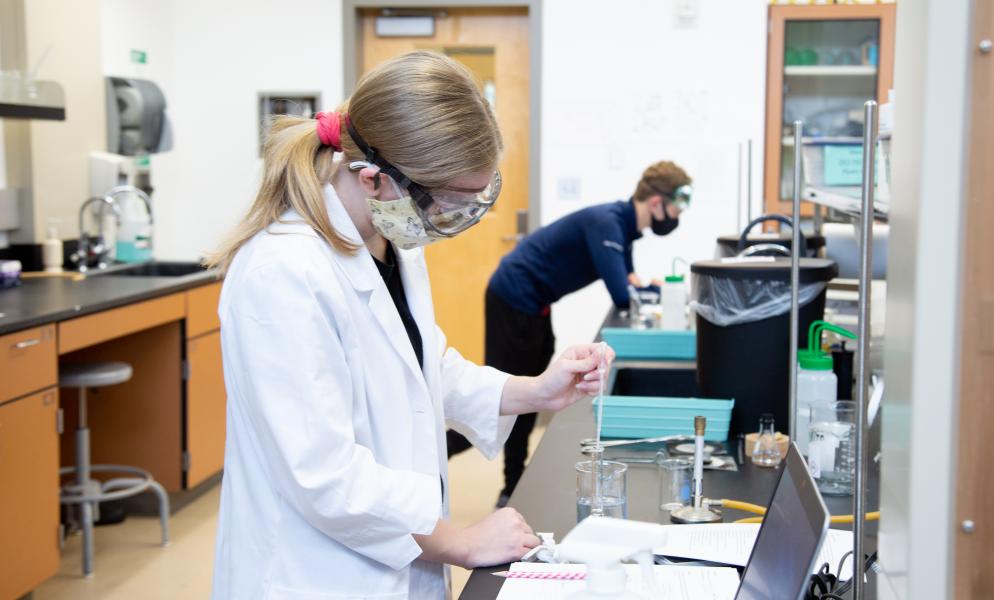South Puget Sound Community College (SPSCC) is proud to announce its participation in a groundbreaking initiative aimed at developing a climate-ready workforce. Partnering with the Squaxin Island Tribe, SPSCC will utilize its $750,000 plus portion of a $9.3 million grant awarded by the National Oceanic and Atmospheric Administration (NOAA) to the Washington State Board for Community and Technical Colleges (SBCTC). This initiative seeks to advance climate resilience across the U.S. by empowering economically disadvantaged communities, people of color, and Indigenous populations.
Over the next four years, the grant will support the Tribal Stewards Program in cultivating a new generation of Tribal leaders and environmental co-stewards proficient in natural resource management. SPSCC, along with five other Washington State community colleges, will collaborate closely with five Tribes, including the Squaxin Island Tribe, to achieve the program's objectives of engaging, empowering, and assisting Tribal students throughout their educational journey.
SPSCC plans to utilize the grant funds to support training SPSCC’s STEM faculty in Traditional Ecological Knowledge. This training will help develop teaching and learning activities that contextualize key STEM courses, including biology, chemistry, and computer science. The college is committed to developing more collaborative, project-based activities in key STEM courses. These activities will engage students directly in supporting existing and emerging Tribal natural resource monitoring initiatives.
The grant will also support additional training opportunities in climate science through coordinated workshops with the University of Washington Climate Impacts Group, NOAA, and local Tribal partners.
The collaboration between SPSCC and the Squaxin Island Tribe represents a significant step towards building a climate-ready workforce equipped to address pressing environmental challenges. This initiative enhances educational opportunities for Tribal students and strengthens the community's resilience to climate change.

